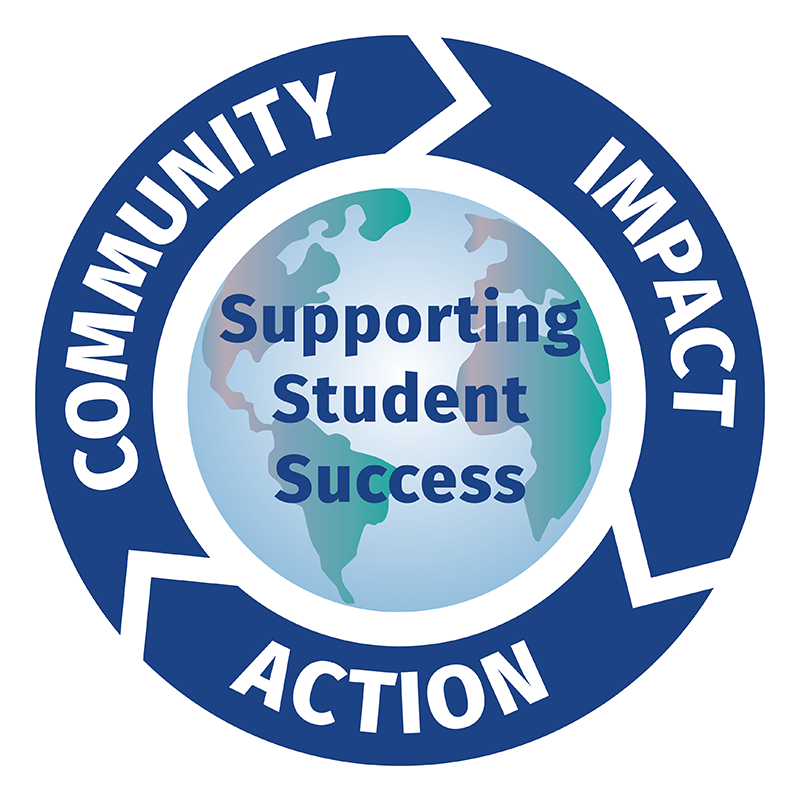College of the Environment Strategic Vision
The College of the Environment (CENV) is unique at WWU in that we combine socially relevant research, outstanding undergraduate and graduate education, dedicated community partnerships, and innovative thinking into one, interdisciplinary college focused on the environment.
The 2023 CENV Strategic Vision includes three priorities built on the shared values, goals, and needs identified by members of our community. These priorities will help our college meet the current challenges and opportunities facing our community, and the planet.
The 2023 CENV strategic priorities are interconnected. Progress in one area will support progress in the others. We have identified areas to create focused actions that will implement our priorities and ultimately support student success in our programs and beyond.

From our plurality of perspectives, we want to work together to...
Build a diverse, welcoming, and active COMMUNITY dedicated to the environment.
A strong community is required to address the complex challenges facing the global environment, including climate change, environmental justice, and equity. To support student success in our degree programs and beyond, we need CENV to be a place where students, faculty, staff, and alumni find a sense of belonging. In the classroom, we need to create learning environments that welcome a diversity of perspectives and cultivate interdisciplinary approaches. Outside the classroom, we need to build a stronger community by strengthening the structures and relationships that connect us within this college, with the WWU campus more broadly, and with community partners across the state. Strong community is critical to the work of building environmentally vibrant, equitable, and socially-just futures.
Prioritize just and equitable HIGH-IMPACT learning by making intentional use of resources in and out of the classroom.
We know that our field- and experience- based learning opportunities in the college are high-impact and enhance student success. We know that community engagement opportunities, student research, and project-based experience are some of the greatest strengths of our programs and are extremely valuable to our students. These activities take substantial time and resources compared to traditional teaching and learning experiences in the classroom. We will secure time and resources to increase our investment in high‑impact learning by re-allocating some resources from the current predominance of traditional classroom-based lower-impact learning. Being intentional will help us create manageable workloads and cultivate a more collaborative and inclusive workplace, all of which ultimately supports student success. This priority is trying to do two important tasks at the same time:
(1) Put in more time/thought/work enhancing the college experiences we value most and (2) streamlining the work that is inefficient or redundant.
Promote, support, and elevate collaborative scholarship and education that takes ACTION in addressing today’s complex socio-environmental systems.
The college has built strong teaching and research programs that engage students in innovative projects and partnerships that integrate across disciplines, professions, and communities. This kind of work connects our college to communities and decision makers striving to meet the local and global challenges driven by a changing climate. Our boundary-spanning scholarship seeks to address today’s complex socio- ecological systems from diverse perspectives with the goal of working toward a just environmental future. We can support transformational learning experiences and faculty-student collaborative scholarship that both inspire and train our students to be environmental leaders.